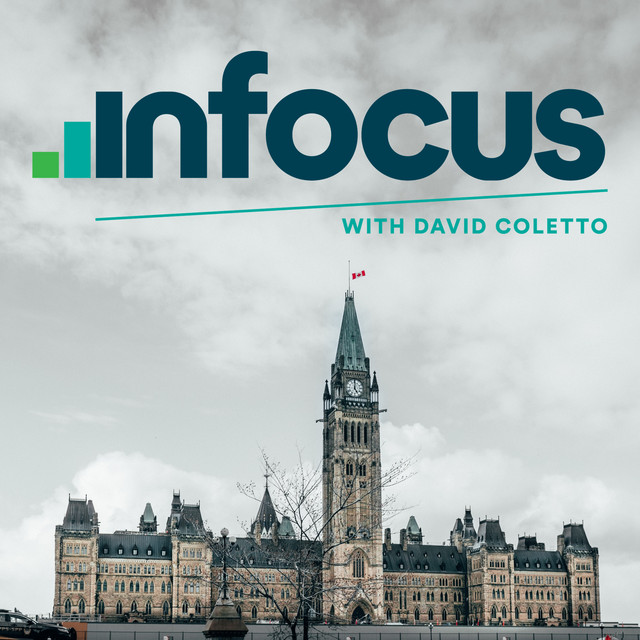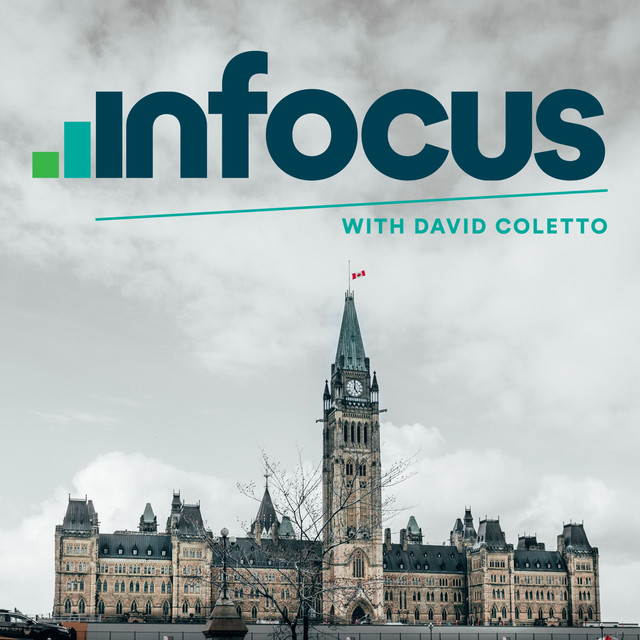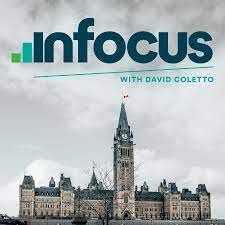Episode Transcript
[00:00:00] Foreign.
[00:00:18] Well, hey there. Welcome back to In Focus with David Coletto. I'm David Coletto. Today we're diving into a dramatic shift in Canadian politics. A shift that has the NDP seeing one of the most significant collapses in support in recent memory. For most of the past two years, the NDP has been maintaining a steady 18 to 20% of the vote in our abacus data tracking. But in our latest survey conducted from April 7th to 10th, we found the NDP has dropped to just 9% of committed vote. Now that's a dramatic fall, one of the steepest shifts we've seen in this campaign and over the last number years. In fact, it's reminiscent of the last time the NDP support was this low back in the 1990s. So what happened? Well, let's start by looking at two key the loyal NDP voters who are still backing the party and say they would vote NDP today, and the NDP leading voters who are now voting Liberal instead.
[00:01:17] So let's talk about that loyal NDP voters. These voters remain passionate about the party's values. In the survey, we, we asked people why are they supporting the party? They do. We let them write anything they want unfiltered, unprompted. And they talked about the NDP as the party that cares about ordinary Canadians, that fights for workers and that represents people like them. Many of them cite the legacy of Tommy Douglas and the party's role in shaping Canada's social safety net. But while their loyalty remains strong, their numbers are shrinking. And this decline isn't because their values have changed. It's because the political context has. This election isn't just about issues like health care or climate change. It's about crisis management, responding to Donald Trump's looming and disruptive force on the world stage, threatening tariffs on Canada, and even floating the idea of Canada becoming the 51st state. Which leads us to the second group, those who are still open to voting NDP but have now switched to the Liberals. In our survey, about 75% of these NDP leaning voters who aren't currently supporting the party are now firmly in the Liberal camp. That's a significant chunk of the electorate, about 18%. And the NDP simply can't afford to lose these many voters. So what's driving this shift? Well, first, it's not a rejection of the ndp. In fact, many of these voters still like the party and agree with its platform. But. But what we're seeing here is a strategic decision. These voters don't just want change. They feel this election is too important. They're worried about the risk of a Conservative government under Pierre Poliev. And they're choosing the safe bet in the Liberals in part because of one key person, Mark Carney. Carney's name came up time and time again in the open ended responses from these voters. They describe him as experienced, trustworthy and the best person to deal with Trump. For many of these voters, Carney represents stability, international credibility and economic competence, qualities they feel are crucial at this moment of crisis. And perhaps most telling, many of these voters believe the NDP simply doesn't have a path to power. It's a strategic vote, and they see the Liberals as the only viable option to stop a Conservative win.
[00:03:38] So why is this shift happening now? Well, the NDP's core values haven't changed. In fact, the party still represents fairness, social justice and inclusivity, values that resonate with many Canadians. But what we're seeing is a recalibration. In this moment of heightened tension, when many voters fear the return of Trump again and his tariffs and his threats and a potential Conservative government, they see the NDP as less capable of rising to the occasion. The NDP is being squeezed from both sides. On one side, the fear of a Conservative government, and on the other, the emergence of Mark Carney as a strong, reassuring leader who has the added bonus of being as competent and electable in their eyes. For the ndp, this means they are losing not because their message has failed, but because in this election, voters want something they believe can win. And right now, many progressive voters don't see the NDP as that party. To to recover, the NDP will need to convince voters that they can be that party. There's less than two weeks to go. That's going to be incredibly difficult. They have to be the party that not only has the right values, but has also the capability to govern. And as Jagmeet Singh steps back from that possibility, this will become harder and harder to do.
[00:04:55] Now, thanks for tuning in to this episode of In Focus with David Coletto. As always, if you like what you hear, please like and subscribe this podcast and wherever you're listening, visit AbacusData CA for all of the data and research that we're doing on this election and stop by davidcolletto.substack.com to read my own personal insights and analysis and a longer piece on this very subject. Thanks for listening. We'll talk to you next time. Take care.


